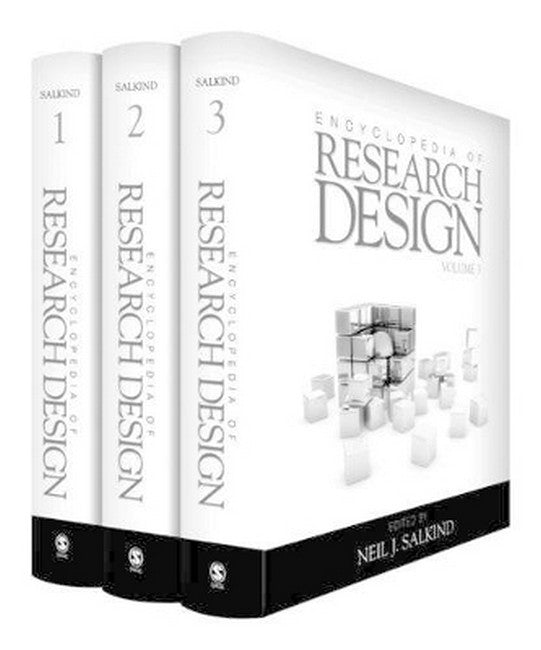Neil J. Salkind received his PhD in human development from the University of Maryland, and after teaching for 35 years at the University of Kansas, he was Professor Emeritus in the Department of Psychology and Research in Education, where he collaborated with colleagues and work with students. His early interests were in the area of children's cognitive development, and after research in the areas of cognitive style and (what was then known as) hyperactivity, he was a postdoctoral fellow at the University of North Carolina's Bush Center for Child and Family Policy. His work then changed direction to focus on child and family policy, specifically the impact of alternative forms of public support on various child and family outcomes. He delivered more than 150 professional papers and presentations; written more than 100 trade and textbooks; and is the author of Statistics for People Who (Think They) Hate Statistics (SAGE), Theories of Human Development (SAGE), and Exploring Research (Prentice Hall). He has edited several encyclopedias, including the Encyclopedia of Human Development, the Encyclopedia of Measurement and Statistics, and the Encyclopedia of Research Design. He was editor of Child Development Abstracts and Bibliography for 13 years. He lived in Lawrence, Kansas, where he liked to read, swim with the River City Sharks, work as the proprietor and sole employee of big boy press, bake brownies (see www.statisticsforpeople.com for the recipe), and poke around old Volvos and old houses.
Request Academic Copy
Please copy the ISBN for submitting review copy form
Description
"....The two things that make this work distinctive are the inclusion of reviews of 15 seminal articles in the field... and reviews of 11 popular research tools.... Entry length was purposely set based on the editors' judgment of each topic's importance.... Bottom line Essential for academic libraries, this is one of a handful of resources that covers such a broad spectrum of research designs. It will also be a useful addition to public library collections..." (starred review) -- Sarah Sutton * Library Journal * "SAGE is to be congratulated for creating an encyclopedia that brings all of this information together and serves multiple needs. Serious researchers will be grateful to have a reference that serves as a practical and useful tool.... Less experienced researchers will be happy to have quick and easy access to definitions of basic concepts and design methods. Four-year college and university libraries are the obvious audience for the Encyclopedia of Research Design, but individual researchers will also benefit from having it on their personal shelves."-Against the Grain -- Against the Grain * Against the Grain November 2010 * "The content is well illustrated when appropriate, and the articles are clear and well written. Most academic and larger public libraries should acquire this modestly priced, valuable reference set. No recent similar sources are available. Summing Up: Highly recommended. *** Lower-level undergraduates and above; general readers." -- CHOICE

